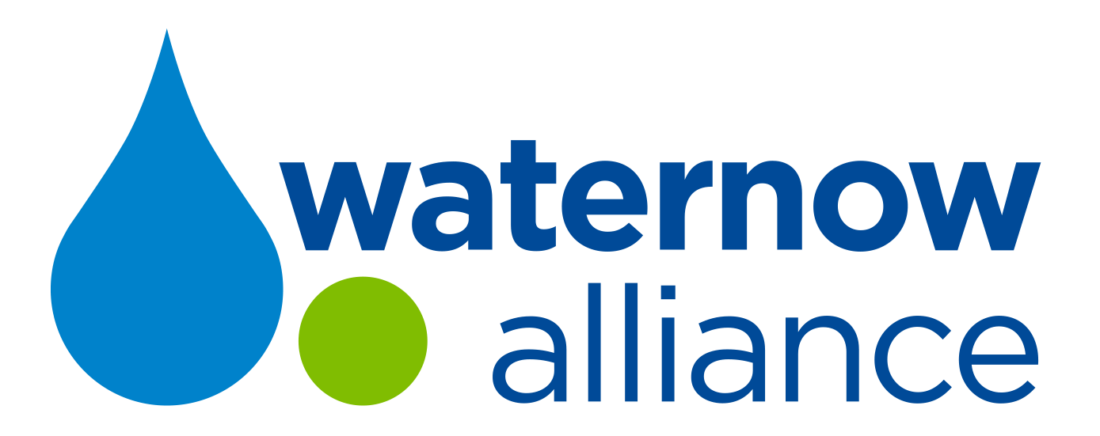In the torrent of goodbye emails from members of the Obama Administration, this one is my favorite:
I am filled with joy. Eight years of serving our beloved nation – together. I could not ask for more. And I can only think of one way to begin repaying the debt: I will keep fighting for an America that is more free, fair, safe, and sustainable. That’s the next step.
At WaterNow Alliance we’ve been thinking a lot about the next step. We see a few. California is leading the way with an intentional policy to make conservation a central tenet of state water management, as opposed to an afterthought. Colorado is putting renewed focus on the potential for well-designed water transfers to make cities more water resilient while protecting the agricultural industry. And a year after a state of emergency was declared in Flint, MI urban water utilities and water organizations nationwide are turning their attention to the often hidden problem of equity in the water space, the ability of every citizen to have access to clean, safe and affordable water at the tap.
We began a deeper exploration of this issue at our Fall Summit, Fostering Resilience, with a panel on Integrating Economic and Racial Equity into Water Decision-making. We found 3 primary takeaways from the conversation:
- Equity metrics can be a critical tool - enabling water decision makers to better focus on and appreciate the true impact of their actions on vulnerable and disadvantaged customers.
- Correctly identifying existing inequities is a key step in identifying the best infrastructure solutions; the optimal engineering solution may not always necessarily be the optimal policy and equity solution.
- Water leaders can build community trust and partnership by “meeting people where they are;” creating opportunities to hear about water needs, affordability, access and safety concerns, all elements of equity.
Communities as diverse as sprawling Los Angeles and suburban King County, WA are conducting fascinating experiments with metrics. LA adopted a framework to identify disparities in service reliability, rates, reach of efficiency programs, and other issues. King County’s equity initiative has transformed water planning, in part by using demographic mapping to track the impacts of various proposals on vulnerable communities, and made it easier to consider alternatives such as green infrastructure.
Looking forward, we are excited about our role in bringing these initiatives and tools forward. We're committed to supporting our members’ efforts to incorporate economic and racial equity into their sustainable infrastructure responses to water problems. We’re starting by listening to our members and other Western water leaders with a survey based on affordability, access, safety and other issues that are often surrogates for equity. We are also gathering the best solutions, to be a vital and growing resource for our members and partners. A sustainable water future is one that includes access to safe and affordable water for everyone, and we’re excited to see where this evolution takes us.

Cynthia Koehler is the Co-Founder and Executive Director of WaterNow Alliance.
